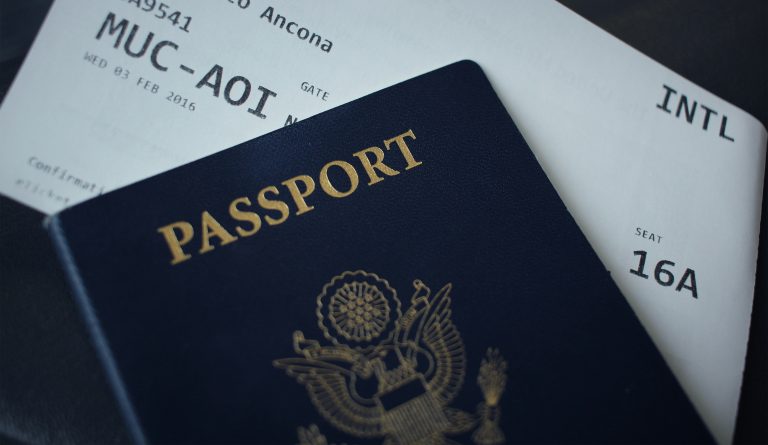How to protect Intellectual Property as an indirect employer

Indirect employers are individuals or organizations that hire freelancers or part-time workers for their projects or company. There are many reasons why indirect employers hire in the first place.
One of the best reasons is cutting labor costs. Freelancers generally work on an hourly wage, which could significantly cut expenses.
Indirect employees also have the benefit of flexibility. They can be scheduled for hours that are beneficial to the employer, which could reduce time spent by full-time employees if they do the tasks assigned to the freelancers.
Allowing the reduction of workload for full-time employees would lead to less burnout for employees.
Intellectual property (IP) are the work of individuals that they wish to trademark. There are intellectual property rights across the globe, and it differs from country to country. There are several types of intellectual property. Listed below are some of them with their descriptions.
Copyright
Copyright is for inventions grouped in literary and artistic works. Examples are books, paintings, films, photographs, and many more. The length of copyright varies by country, but in the United States, it is generally 70 years after the author’s death if the created work is after January 1, 1978, and if the author is not anonymous.
Patents
A patent is a right given to an inventor to halt competitors from making, selling, or using the patented item without the inventor’s consent. In the United States, patents are generally valid for only 20 years, although they can extend on a case-to-case basis.
Trademark
A trademark is a recognizable phrase, symbol, or word that can identify a specific company or service from another. Trademark registrations can last forever. You would only need to renew it a certain amount of years after the successful registration.
Trade Secrets
Trade secrets are pieces of confidential data that give businesses a competitive advantage. Examples of trade secrets are recipes, strategies, processes, and lists of vendors or clients. Trade secrets have an unlimited amount of time for protection. However, it cannot protect a case where a competitor discovered it through independent research or reverse engineering.

Intellectual property rights protect your ideas. These rights prevent competitors from using your hard work for their profit without your consent.
Intellectual property rights also encourage innovation within businesses. Products protected by these rights become the foundation for competitors to create a better product. The new creation would be the new basis for a much better yield. This flow creates a cycle of improvement from the original idea.
Communication is also vital when employers cannot see their employees. Companies should set up the right balance of communication. Too many meetings and emails would overload employees, leading to burnout and fatigue. Too little would create a lag in productivity and miscommunication within teams.
Tracking the employee’s productivity is also vital to show that employees are doing their end of the job. To solve this, companies should use project management tools to monitor their employees, such as using Trello or Notion to create a board that shows progress.
Distractions are one of the biggest hurdles remote workers face throughout their occupation. To solve this, you need to change your environment, whether by working in your living room instead of your bedroom, removing objects such as a gaming console, or social media tabs on your gadget to limit anything that can remove your focus.
Contact an Attorney
Before hiring, you should contact an Intellectual Property Attorney for them to create a solid contract for you. Written inside the contract should be NDAs that stop your employees from sharing private information.
Alongside NDAs are clauses stating that the company will retain the rights of products created by the company.
Safeguard Your Projects & Files
You should only share projects or files with your employees necessary for their tasks. Abiding by this would lessen the possibility of information leaks and breach of intellectual property rights.
Know Your Employees
You should understand what kind of individual your employees are. The goal is to evaluate if you fully trust them with your work. Background checks are a must, from social media to websites like GitHub or LinkedIn. Screening your potential employee would let you understand the personality of the individual.
Should there be a breach or infringement upon intellectual property, the first step is contacting the individual who violated your rights. Letting the violators know that there is a breach of intellectual property rights would result in them stopping or paying you for their rights.
Global People is a leading local employment solutions provider for national and international corporations and can advise and escort you in your next destination.






